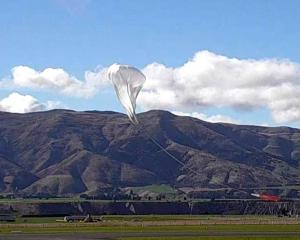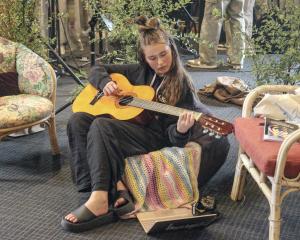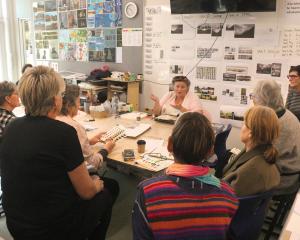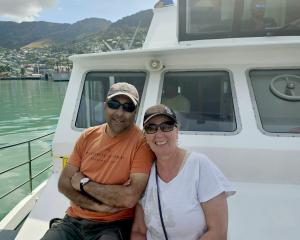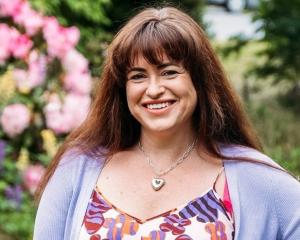
Wanaka is the place to be for many but Wanaka reporters Marjorie Cook and Aspen Bruce find out many of the visitors bring a lot more than a pair of togs and a few refreshments to the town.
Community concerns have been raised ahead of New Year’s Eve celebrations in Wanaka after reports of drug use, excessive drinking and assaults in previous years.
The concerns have resulted in discussions being held about the prospect of providing drug-checking services at the annual New Year’s lakefront event this year.
Data from the past three years of wastewater testing has revealed the Southern police district to be the top in New Zealand for MDMA usage.
Most reported drug cases involved people from larger the population centres of Dunedin, Invercargill and Queenstown.
But the small communities of Wanaka and Lake Hawea have had their fair share of mentions.
In July, the Otago Daily Times reported a Lake Hawea man who had drugs posted to his letterbox in 2020, was sentenced to home detention in relation to cannabis, methamphetamine, MDMA, firearms and ammunition charges.
A local recreational drug taker, who wanted to remain anonymous, confirmed marijuana, ecstasy (MDMA), LSD/acid and mushrooms were easy to obtain in Upper Clutha.
New Zealand Police data revealed between April 1, 2019, and August 22, 2022, Southern region police dealt with 2194 illicit drug proceedings.
Of those, 939 were in the Otago Coastal police district, 668 in Otago Central Lakes and 587 in Southland.
Detective Sergeant Sarah Waugh said drug arrests in Otago Central Lakes had involved a range of substances, including MDMA, meth, LSD, opium and cannabis.
"It is likely there are multiple lines of supply into Wanaka, and it’s likely most drugs enter Wanaka from other regions rather than being home-grown or manufactured.
"As with any region, some substances [MDMA, LSD] will be purchased for events, festivals and the night-time economy. It is likely tourists contribute to the movement of drugs for personal use," Det Sgt Waugh said.
Regardless of individual stance or position on drugs, one unifying factor connects emergency services, users, event organisers, support services and legal systems: the need for safety.
Senior Sergeant Chris Brooks, of Wanaka, said his department was aware of an increase in drug-taking locally.
"We know drug use peaks during summer. We have music events across the wider region, and know organised crime target these main events," he said.
In an attempt to reduce drug harm, changes in national legalisation and police processes have reflected a shift in priority towards drug safety.
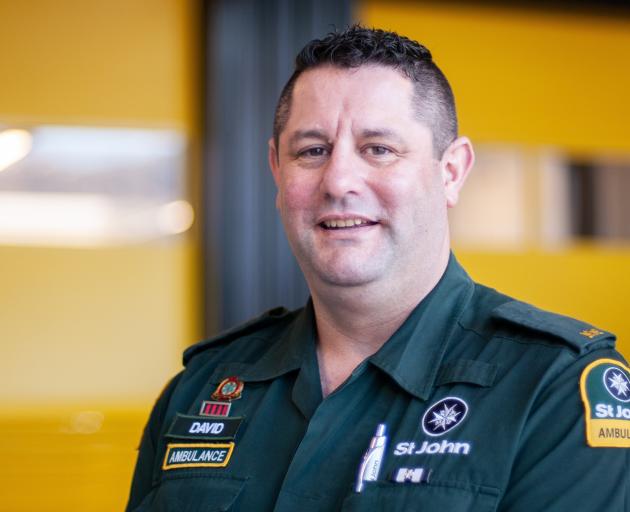
In 2021-22, KnowYourStuff, a volunteer-based, drug-checking organisation, had a presence at the country’s summer festivals.
A Queenstown Lakes District Council (QLDC) spokesman said a "concerning rise in drug-related issues and use at events" led the QLDC to introduce a drug management plan in 2020.
Organisers of events with more than 400 attendees must now submit drug management plans when applying for a special liquor licence.
St John Otago operations manager David Baillie said it was difficult to source hard data on drug-related harm.
"What we can state is that over the New Year period, we do see a steep increase in incidents involving intoxicated people — whether it is from drugs or alcohol — and this does put extra pressure on our ambulance service at that time.
"This is particularly evident in Wanaka, which is known to be a popular festive destination for the South and therefore sees an increase in visitors, which is likely to contribute to Wanaka’s callouts at that time," Mr Baillie said.
University of Otago department of psychology lecturer Ryan Ward said certain environmental cues could influence how the body processed drugs.
Dr Ward referred to Pavlovian conditioning, where specific environments became associated with physiological reactions.
One of the things the body would do was prepare itself to get ready before the drug took effect, he said.
It was a learning phenomenon, where the body learnt to fight off the effects of the drug quicker, so it could get back to normal.
Evidence from a fair number of cases revealed overdoses might be related to drugs being taken in an environment or way that was different from what the person was familiar with, Dr Ward said.
"Sometimes, in the case of overdoses, the body doesn’t have a chance to get ready. It’s all about whether or not the body can use environmental cues as predictors that the drug is coming," Dr Ward said.
In 2020 the Otago Daily Times reported an 8-year-old child was found high on drugs in Wanaka.
An 18-year-old Christchurch man was charged after being found with LSD and MDMA (ecstasy) in his car while celebrating New Year’s Eve in Wanaka.
In 2020 then Wanaka police area response manager Sergeant Miriam Reddington said many families from Christchurch, Dunedin and Gore holidayed in Wanaka because it had a reputation as a safe place.
Over the years, the QLDC has been working with key stakeholders NZ Police, St John, Red Frogs, security contractors and elected members to try to mitigate risk.
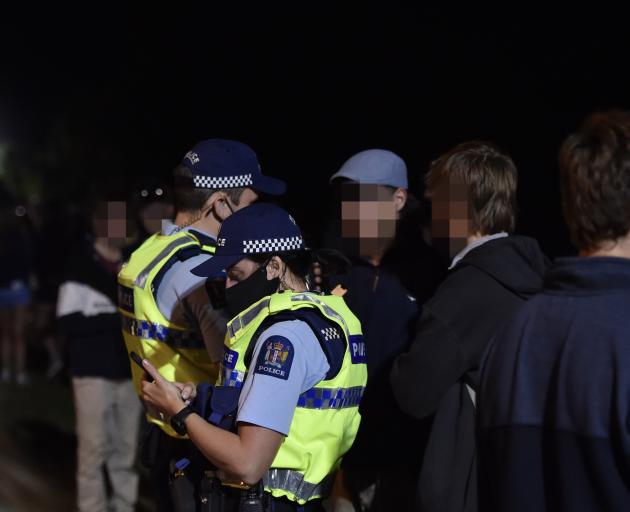
"Drugs are always a concern, particularly around New Year’s, in both Wanaka and Queenstown. In Wanaka, where patrons are younger, we see symptoms consistent with more experimental drug use," Mr Thomson said.
Unlike a festival, which had certain parameters such as ticketing, age restrictions and a fenced location, at New Year’s Red Frogs responded to organic gatherings of people in public places such as the Wanaka waterfront and skate park, Mr Thomson said.
A QLDC spokesman said the annual Wanaka lakefront event on New Year’s Eve attracted about 8000 people, with the exception of this past year when Covid-19 restrictions resulted in no event being organised by the QLDC.
Despite this, groups still gathered in Wanaka over the 2021-22 New Year.
In April, the Otago Daily Times and The News reported five sexual assault cases occurred during the last New Year period.
Need help
• Need to talk? 1737, free 24/7 phone and text number
• Alcohol Drug Helpline 0800 787-797
• Healthline 0800 611-116
• Lifeline Aotearoa 0800 543-354
• Suicide Crisis Helpline 0508 828-865 (0508 TAUTOKO)
• The Depression Helpline 0800 111 757
• Wanaka: Community Networks (03) 443-7799
• Alexandra: Community House (03) 440-0740
• Cromwell: Community House (03) 445-1690



